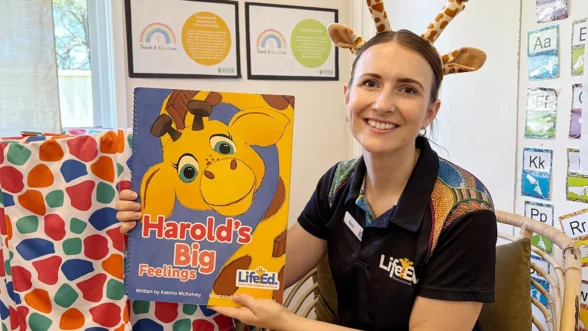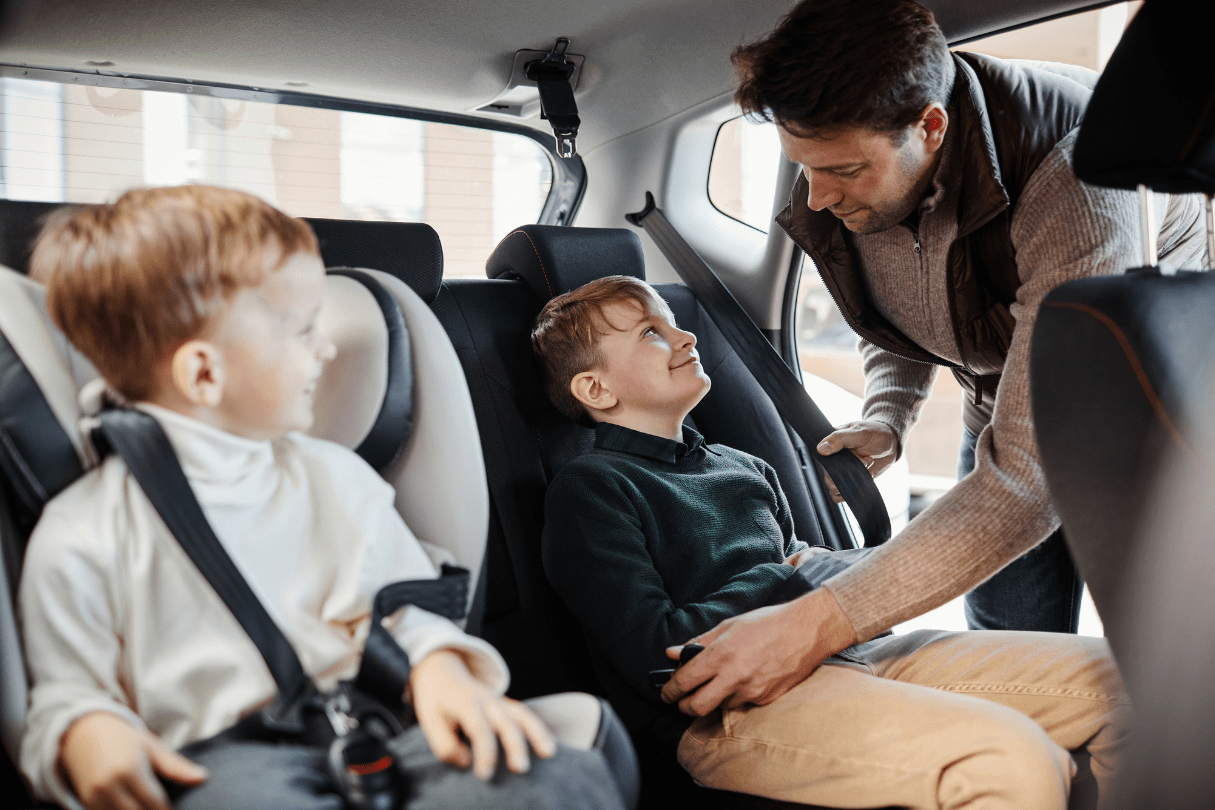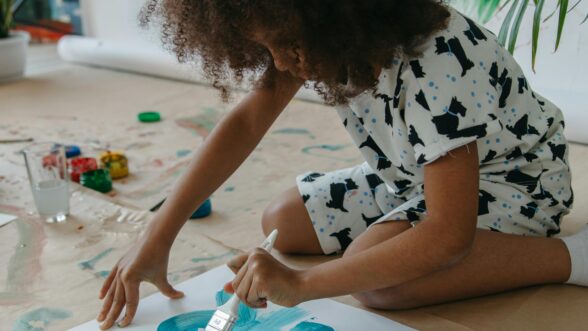
Parenting Resources, Top News
Keeping Children Safe at Home and in the Community
25 November, 2026

Parenting young children means constant exploration and constant surprises! While it’s impossible to prevent every tumble or spill, there’s a lot you can do to minimise risks at home and beyond. Understanding common hazards for babies and toddlers helps you stay one step ahead and respond calmly when accidents happen.
Safety Starts at Home
A few simple precautions can greatly reduce accidents in your home environment.
- Avoid choking hazards: Keep small objects, coins, buttons, and hard foods out of reach. Check toys regularly for loose parts.
- Prevent burns: Keep hot drinks, cords, and appliances well away from table edges or curious fingers. Always test bath water before use.
- Secure furniture: Anchor bookshelves, TVs, and tall furniture to the wall to prevent tipping.
- Lock dangerous items away: Cleaning supplies, medication, and sharp objects belong in locked cupboards and out of reach.
- Water safety: Even a small amount of water can pose a drowning risk. Never leave young children unattended near bathtubs, pools, or even buckets.
For more detailed guidance, Kidsafe Australia provides age‑specific home safety checklists, product recalls, and seasonal safety tips.
Safe Outdoor Adventures
Getting outside to explore is essential for young children’s learning and wellbeing – it just takes a few safety reminders:
- Always supervise play, especially around water or on play equipment.
- Dress for the weather – hats, sunscreen, and protective clothing for UV exposure.
- Check equipment for hot surfaces before playing in summer.
- Teach simple road safety from an early age: holding hands, stopping before crossing, and looking for vehicles.
Car Safety Basics
Car seats save lives, but only when used correctly.
- Choose an approved seat suited to your child’s age and weight.
- Make sure it’s properly fitted; most local councils or motoring organisations offer free or low‑cost fitting services.
- Never leave children unattended in a vehicle, even on cooler days, interiors can heat up quickly.
Visit childcarseats.com.au for evidence‑based information and expert reviews of car restraints available in Australia.
First Aid Know‑How
Accidents happen, and being prepared makes all the difference. A certified first aid course helps you act fast and confidently when it matters most.
Trusted first aid providers:
Both organisations offer courses tailored to parents and carers, covering CPR, choking response, and managing burns, falls, or allergic reactions.
Online Safety for Modern Families
Even from a young age, children can be exposed to screens and technology. The eSafety Commissioner provides fantastic resources for parents, from managing screen time to setting up devices safely as children grow.
Empowering Parents Through Awareness
Keeping little ones safe is an ongoing journey that evolves as they grow. The goal isn’t perfection – it’s preparation. Small, consistent safety habits and a little first aid knowledge go a long way toward preventing accidents and building your confidence as a parent.
We believe that supporting young families also means providing access to reliable information, trusted resources, and everyday strategies that help children explore the world safely – one milestone at a time.
At Edge Early Learning, we know that a safe environment is the foundation for confident learning and exploration. Our educators are dedicated to creating spaces where children can discover, grow, and thrive, always supported by best-practice safety measures and a nurturing approach. We partner with families to reinforce these essential safety habits, ensuring peace of mind for everyone.

